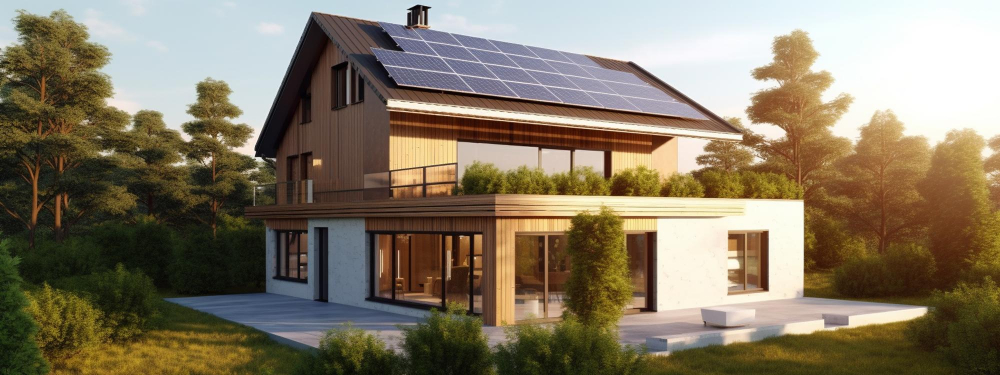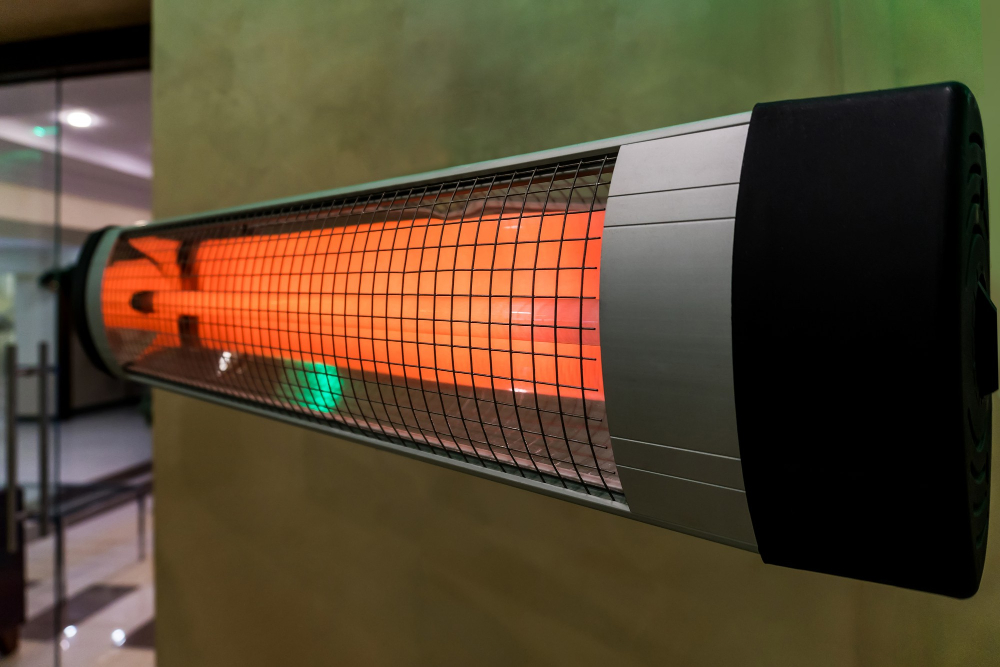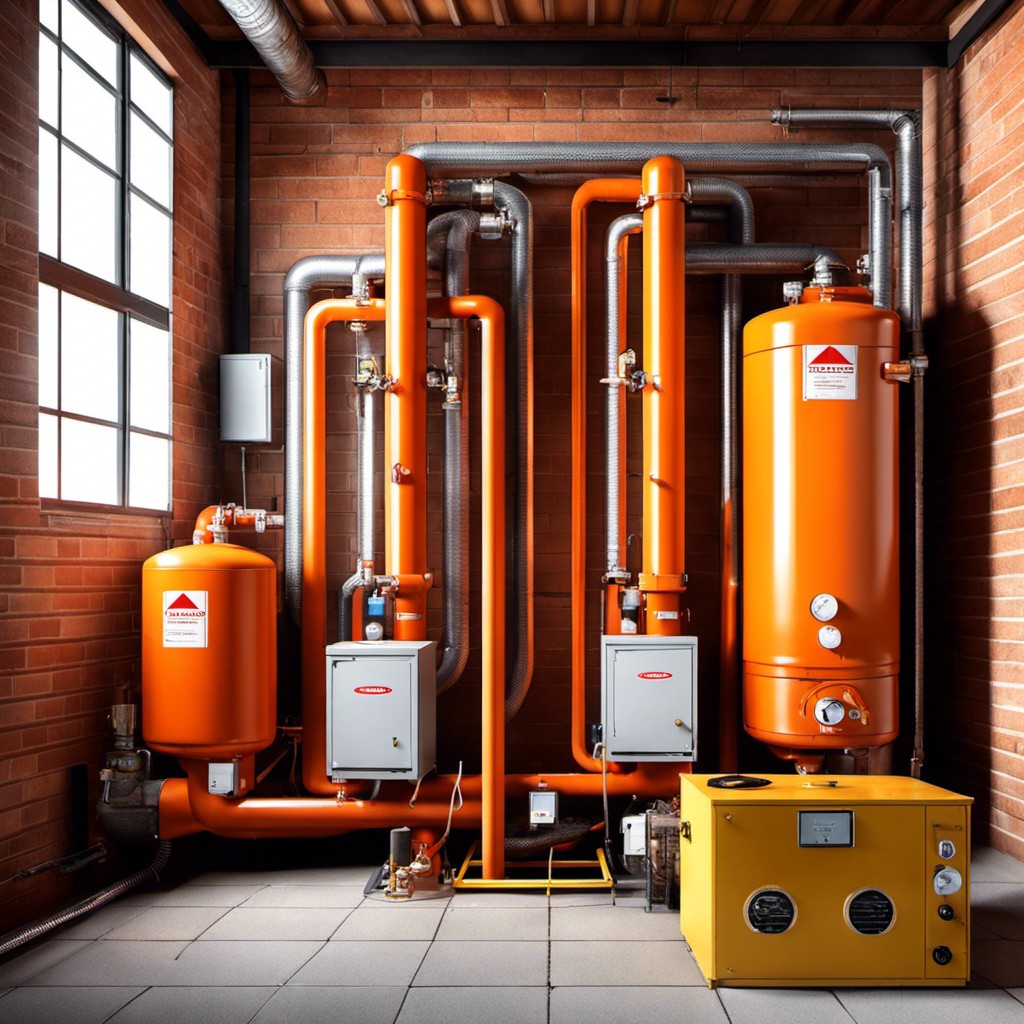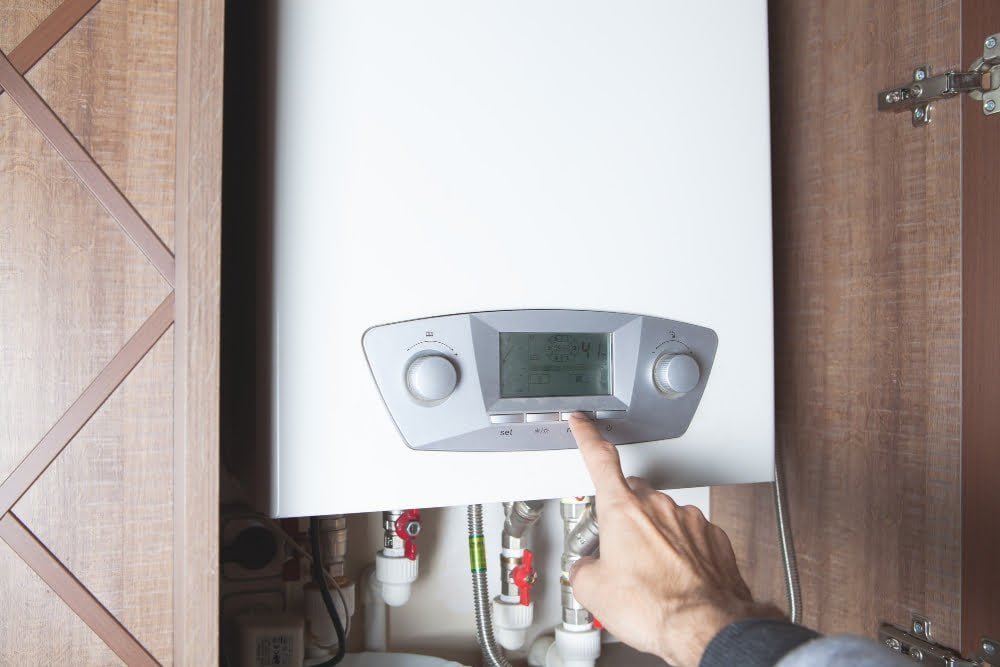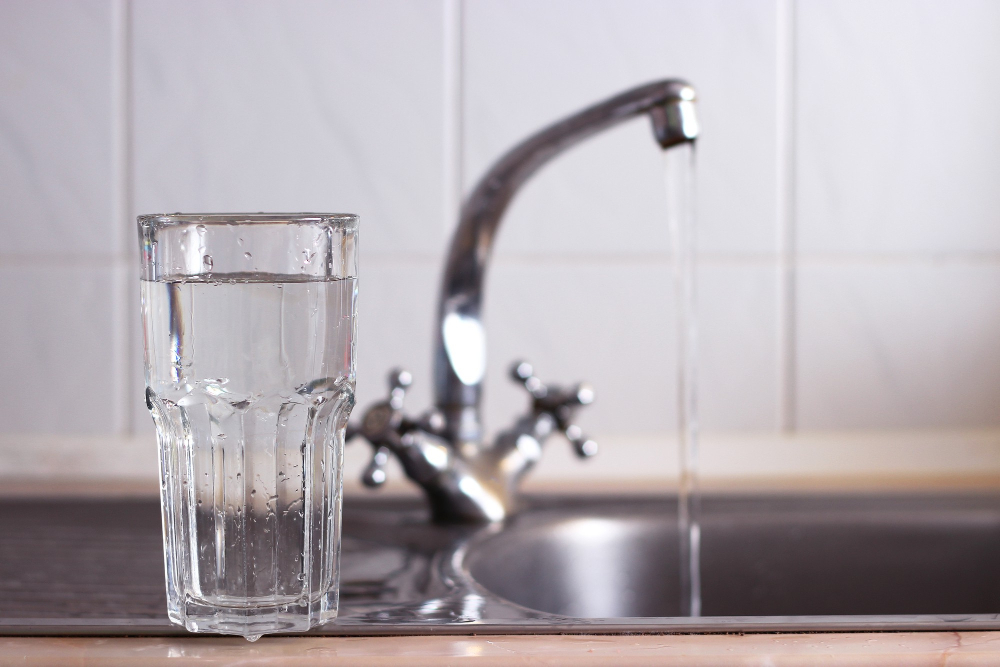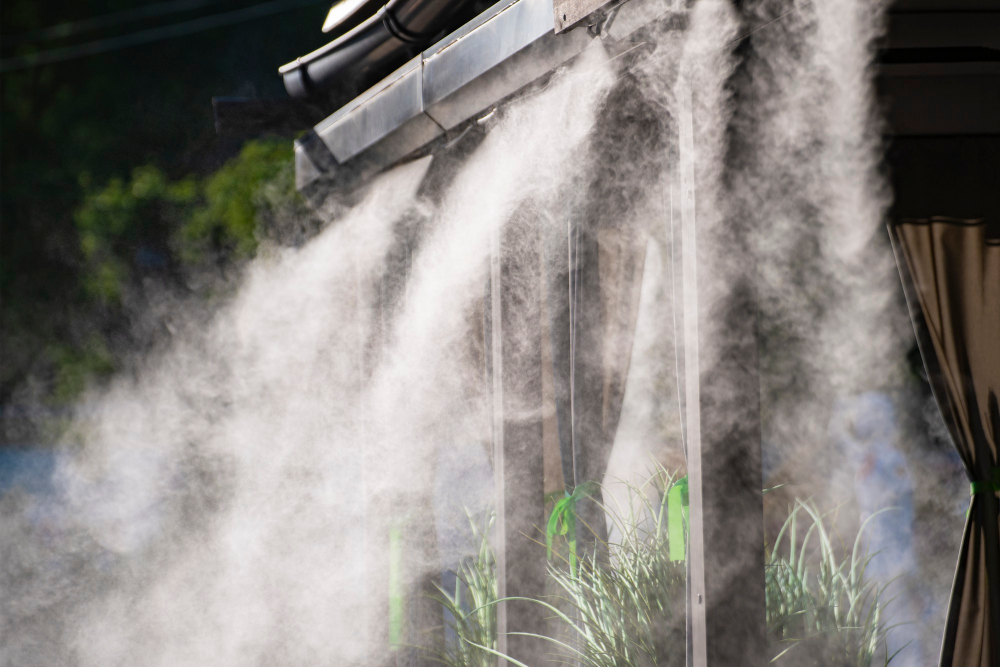Last updated on
Explore the world of energy-efficient cooling solutions as we dive into various alternatives to central air conditioning that will keep your home comfortable and wallet happy.
Summer is just around the corner, and with it comes the sweltering heat that can make even the most relaxed person feel irritable. While central air conditioning is an effective way to keep your home cool, it can come at a hefty price.
The good news is that there are alternatives to central air conditioning that won’t break the bank. In this article, we’ll explore some of these options so you can stay comfortable without having to spend a fortune on your energy bill.
So sit back, grab a cold drink, and let’s dive into some creative ways to beat the heat this summer!
Evaporative Coolers
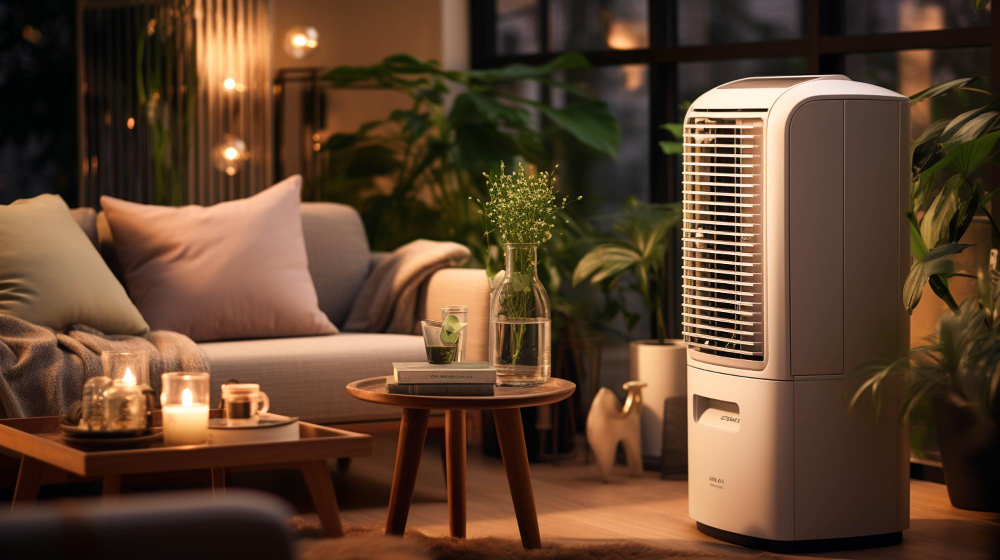
Evaporative coolers, also known as swamp coolers, are a popular alternative to central air conditioning. These cooling systems work by drawing in hot and dry outdoor air through moist pads.
As the warm air passes through the wet pads, it cools down and is then circulated throughout your home using a fan.
One of the main advantages of evaporative coolers is that they use significantly less energy than traditional AC units. They can reduce your energy bill by up to 75%, making them an excellent choice for those looking to save money on their utility bills.
However, there are some downsides to consider before investing in an evaporative cooler. For one thing, these systems only work well in areas with low humidity levels; if you live somewhere with high humidity levels like Florida or Louisiana, this may not be the best option for you.
While evaporative coolers do provide effective cooling solutions during hot weather conditions when temperatures rise above 100 degrees Fahrenheit (38 Celsius), they may struggle during periods of extreme heatwaves or prolonged droughts where moisture content becomes scarce.
Ductless Mini-Split Systems
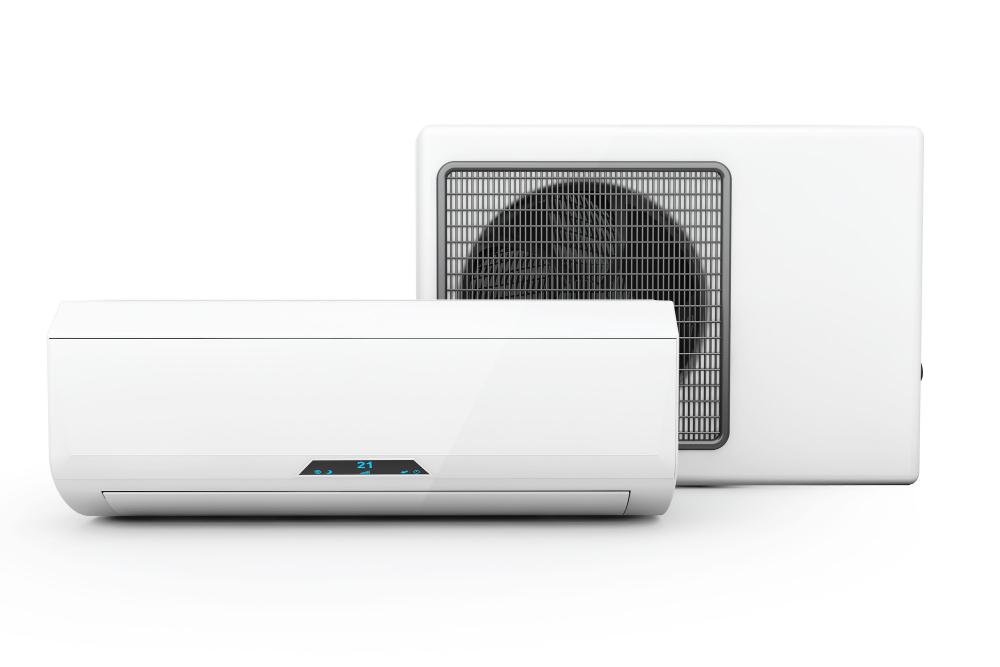
These systems consist of an outdoor unit and one or more indoor units, which are mounted on the wall in different rooms throughout your home. The indoor units blow cool air into the room while the outdoor unit removes heat from inside your home.
One of the advantages of ductless mini-split systems is their energy efficiency. They use less energy than traditional central air conditioning because they don’t require ductwork, which can lead to significant energy loss through leaks and poor insulation.
Another advantage is their flexibility in terms of zoning. You can control each indoor unit separately, allowing you to adjust temperatures based on individual preferences and usage patterns.
However, there are also some disadvantages to consider before investing in a ductless mini-split system. One potential drawback is cost – these systems tend to be more expensive upfront than other alternatives like window or portable ACs.
Installation may require professional help as it involves drilling holes into walls for mounting purposes; this could add extra costs if you’re not comfortable doing it yourself.
Window Air Conditioners
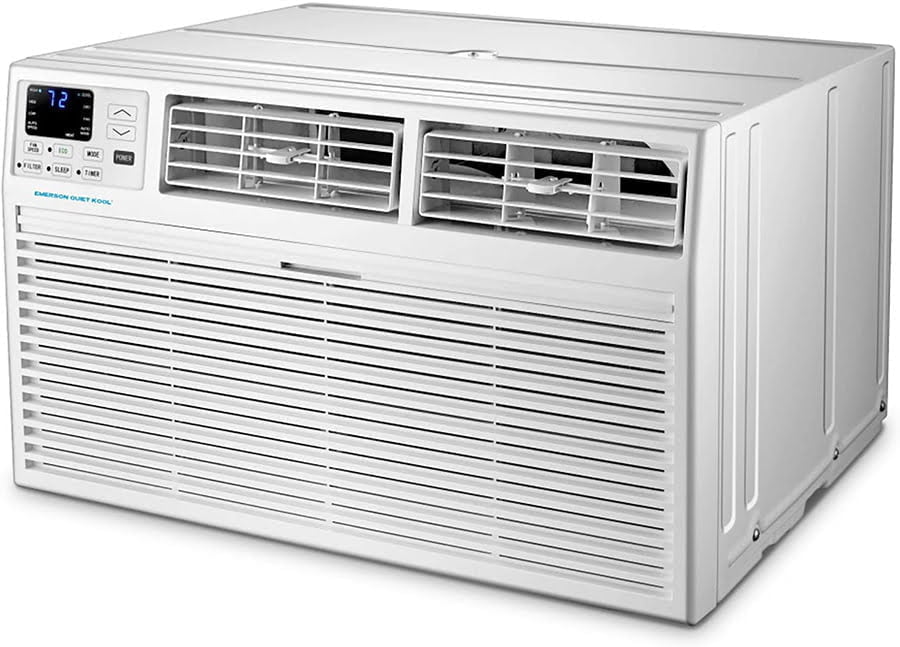
These units are designed to fit into a window frame and cool the room by drawing in warm air from outside and blowing it over cold coils filled with refrigerant.
One of the main advantages of window ACs is their affordability. They’re typically less expensive than other cooling options, making them an attractive choice for budget-conscious homeowners.
However, there are some downsides to consider before purchasing a window unit. For one thing, they can be noisy and may not be suitable for use in bedrooms or other quiet spaces. They can also block natural light if installed improperly.
When shopping for a window AC unit, look for models that have adjustable thermostats so you can control the temperature more precisely and save energy when possible. You’ll also want to measure your windows carefully before buying so you know what size unit will fit properly.
Portable Air Conditioners
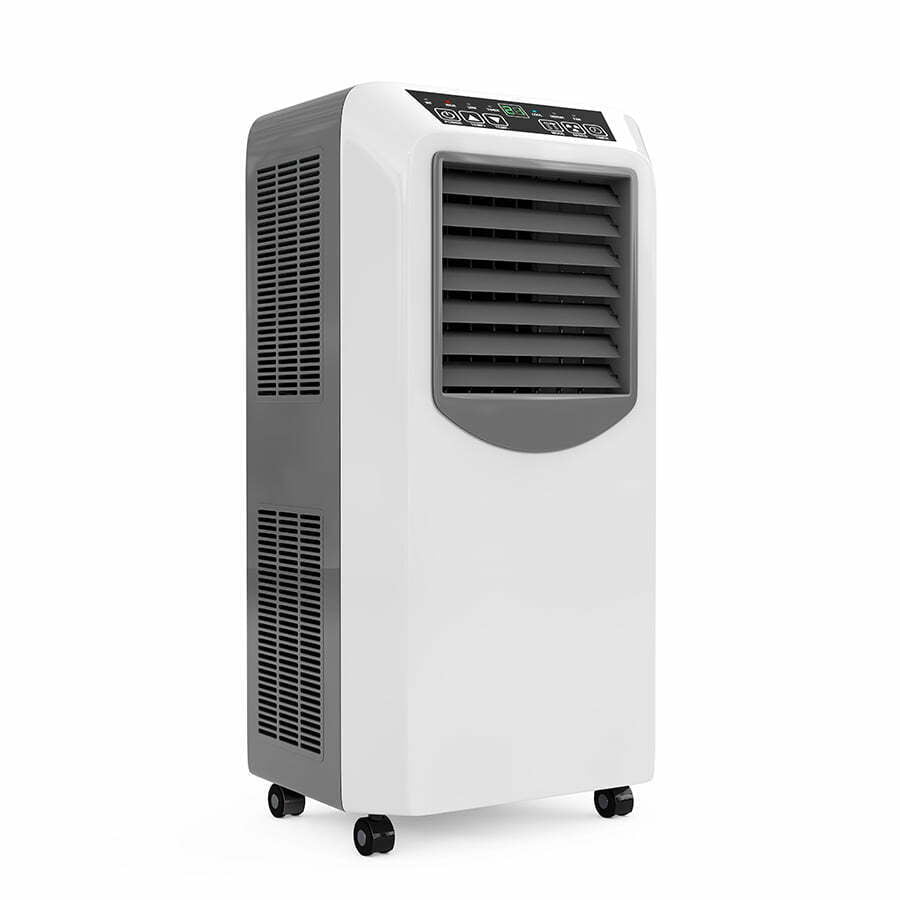
These units are easy to move around and don’t require any installation, making them an excellent choice for renters or anyone who doesn’t want the hassle of installing a permanent cooling system.
One advantage of portable air conditioners is that they’re relatively affordable compared to other cooling options. They also come in different sizes, so you can choose one that’s appropriate for your room size.
However, it’s important to note that portable ACs tend not to be as efficient as other types of cooling systems and may struggle with larger spaces.
Another disadvantage is the noise level; some models can produce quite a bit of noise which could disturb light sleepers or people working from home. These units need proper ventilation through windows or doors since they release hot exhaust outside while operating.
Geothermal Cooling
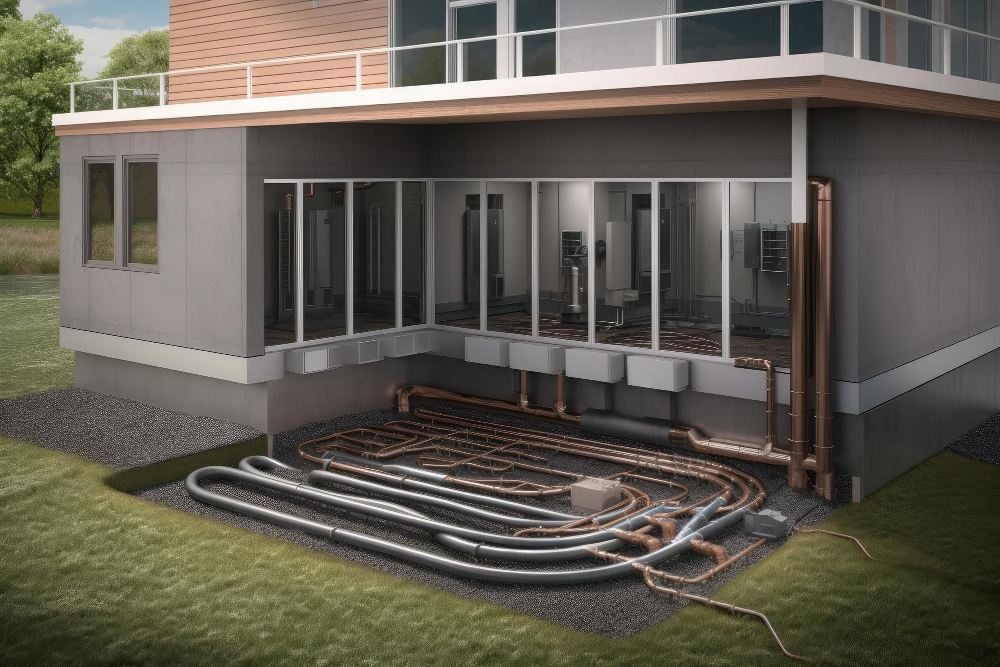
This system works by circulating water through pipes buried underground, where the temperature remains constant year-round. The water absorbs heat from your home and carries it back into the ground, leaving you with a comfortable living space.
One of the biggest advantages of geothermal cooling is its energy efficiency. Since it relies on renewable energy sources, such as solar power and wind power, it can significantly reduce your carbon footprint while keeping you cool during hot summer months.
However, there are some disadvantages to consider before investing in this type of system. Geothermal cooling requires significant upfront costs for installation and may not be suitable for all types of soil or terrain conditions.
Thermally Driven Air Conditioning Systems
Driven by heat, these air conditioning systems are highly efficient and can lower energy bills significantly. Water and a natural gas boiler make this system work, with the boiler heating the water to a high temperature. This heated water powers an absorption chiller which generates cool air. It’s an endothermic reaction where ammonia and water, combined under pressure, reduces the boiling point. Ammonia evaporates, absorbs the heat, and a condenser then cools down the air.
Despite the intricate process, the simplicity lies in its natural approach and minimal electricity usage. Solar power can also heat the water, reducing reliance on natural gas. It’s an ideal, cost-effective choice for those residing in sunny climates. Remember, professional installation is key for optimal performance.
The largest benefit? You could potentially cut your energy costs by 40% or more, depending on your location.
Solar Air Conditioning Units
Harnessing the power of the sun, these units are an intriguing embodiment of the term “energy-efficient”. There are two types: solar-electric and solar-thermal.
Solar-electric units harness the sun’s energy through photovoltaic cells, converting this into electrical power. On the other hand, solar-thermal applications utilize solar energy to heat a refrigerant, which provides the cooling effect. Both are effective, reducing reliance on the electrical grid and cutting costs in the process.
Although initial installation might be more expensive than traditional systems, the return on investment is impressive. Generating free energy from the sun, these units can prove to be a cost-saver over time. Furthermore, they have lesser environmental impact, thus contributing positively to your green initiatives.
Lastly, it’s important to remember that solar air conditioning units function best in regions with abundant sunshine, making them a context-specific, yet significantly efficient alternative option.
Ceiling Fans and Ventilation Strategies
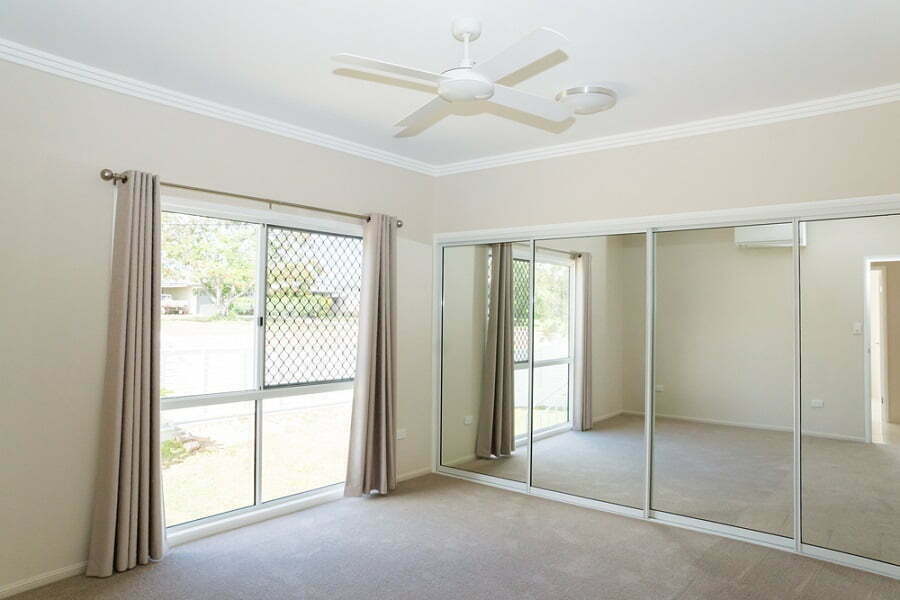
The effectiveness of ceiling fans lies in their ability to continuously circulate air. By encouraging airflow, they can aid in reducing the perceived temperature in a room by up to 8 degrees, making occupants feel cooler without actually changing the air temperature. Additionally, used in conjunction with open windows, ceiling fans can significantly stimulate indoor-to-outdoor air exchange, accelerating the expulsion of heated indoor air and ushering in fresh outdoor air.
Another favorable option is to implement whole-house ventilation strategies. These include exhaust ventilation, supply ventilation, and balanced ventilation systems. Exhaust ventilation systems work by depressurizing your home while supply ventilation systems do the opposite; they pressurize your home.
Balanced ventilation systems are a combination of supply and exhaust, expelling stale air while bringing in fresh air in equal quantities. Each system is designed to provide controlled, consistent ventilation throughout the home to reduce dependency on air conditioning.
Remember to choose systems that best suit the climate and your home configuration for optimal results.
Natural Methods: Shade and Insulation Techniques
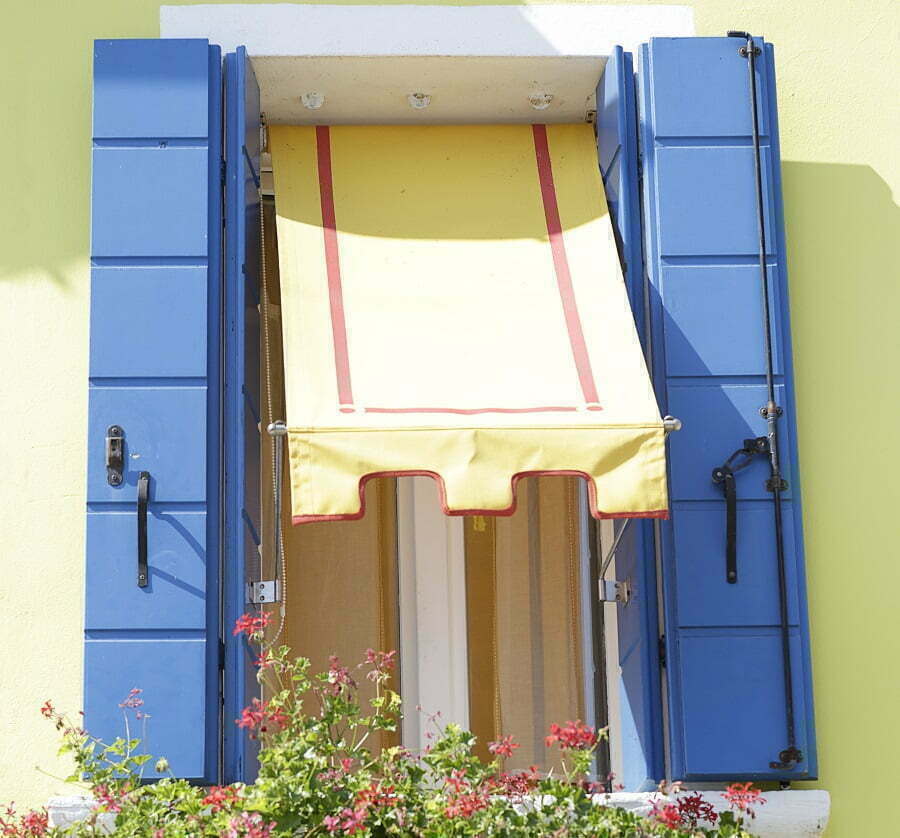
Harnessing nature’s gifts can significantly reduce dependence on central air conditioning systems.
Firstly, consider installing aerial plants, trellises, or awnings to intercept solar radiation, creating a cooler environment around the house. External shading devices strategically placed can effectively block the sun before its rays hit your windows and warm your home.
Incorporating insulating materials in the house structure is another gamechanger. Insulation keeps the warm air out during the summer and the cool air in, making your spaces comfortable. Consider insulating attics, walls, floors, and using double-glazing windows.
Ventilation also plays a significant role in cooling your home. During cooler parts of the day, open windows and doors to let in fresh air and facilitate cross-ventilation.
The use of reflective surfaces on roofs can help dispel heat, while light-colored walls reduce heat absorption.
Remember, every bit of shade and insulation can contribute to a cooler home and lesser reliance on energy-intensive central cooling systems.
Ice-Powered Air Conditioning Systems
One ingenious solution to cooling your home is employing an ice-powered system. Using a process called thermal energy storage, it freezes 450 gallons of water into a giant ice block overnight. When the next day’s heat kicks in, this block of ice is used to cool the refrigerant of the air conditioner. This process significantly eases the strain on the power grid and is not only energy-efficient but also cost-effective.
The system operates in two modes: ice cooling and hybrid. In the primary ice cooling mode, the unit solely uses the stored ice to provide cooling. The energy costs associated with cooling are essentially shifted to off-peak, low-demand hours.
The hybrid mode comes into play when the ice melts. The air conditioning unit reverts back to using energy from the grid. But by this point, the peak demand hours are over, which still ensures greater efficiency.
While installation costs can be higher than traditional systems, savings in the long run make it a remarkably smart investment. Plus, there’s a specific charm to knowing your home is cooled by a block of ice!
Understanding Your Cooling Needs: Size and BTU Considerations
Finding the right cooling solution depends heavily on the size of your space, along with the cooling power, typically stated in BTUs (British Thermal Units). A bigger area requires more BTUs to be cooled efficiently. For instance, a space of 150-200 sq. ft. would require a 5,000 BTU unit, while a larger room of up to 700 sq. ft. may need a 14,000 BTU unit.
The rule of thumb here is that you will need approximately 20 BTUs per square foot of living space. But remember, this is just a ballpark figure and might need adjustments depending on other factors such as ceiling height, insulation, sunlight exposure, etc.
It’s crucial not to underestimate or overestimate your BTU needs. A unit with too many BTUs will cool the area quickly, but won’t have time to reduce humidity, leaving the room with a damp, clammy feeling. Meanwhile, a lower-BTU unit running continuously will consume more energy, negating any efficiency advantage.
Energy-Efficiency Ratings: SEER, EER, and COP Explained
Diving into the technical jargon, let’s unravel these abbreviations, shall we? SEER (Seasonal Energy Efficiency Ratio) factors in the total cooling output during a typical cooling season divided by the total electric energy input. Simply put, the higher the SEER rating, the more productive is your cooling system.
Quickly hopping over to EER (Energy Efficiency Ratio), it points to a unit’s cooling capacity (in BTU) divided by power input (in watts) at a particular temperature. This ratio measures your system’s efficiency at peak day-time temperatures or in worst-case-scenario conditions.
And finally, the COP (Coefficient of Performance). This one relates to the efficiency of a cooling unit at a single outdoor temperature, often calculated under laboratory conditions. Of course, numbers don’t lie, but a tip to remember – these lab conditions often don’t replicate real-world ones. So, it’s advisable not to bank your decision solely based on COP.
Understanding these ratings gives you a clearer picture of a system’s performance and, thus, substantive savings in the long run.
Maintenance Tips for Energy-Efficient Cooling Systems
Performing routine maintenance is integral to preserving the energy efficiency of your cooling system.
- Filter Replacement: Dirty filters restrict airflow, making your system work harder and consume more energy. Ideally, replace them every three months.
- Coil Cleaning: Coils can gather dust and debris, reducing their efficiency. Have these professionally cleaned annually for optimal performance.
- Professional Tune-Up: Hire a professional to inspect your system every year. They can detect and resolve minor issues before escalating into costly repairs.
- Thermostat Upgrades: Consider installing a programmable thermostat to regulate your home’s temperature automatically, reducing energy usage when you’re away.
- Insulation: Properly insulate your home to reduce the cooling load.
- Air Leaks: Eliminate air leaks around windows, doors, and other openings to prevent conditioned air from escaping, and hot air from entering.
- Heat-producing Appliances: Minimize the use of ovens, dryers, and other heat-generating appliances during the hottest parts of the day.
These seemingly small actions can substantially enhance your system’s efficiency, leading to significant energy savings.
Rebates and Tax Incentives for Energy-Efficient Cooling
When planning to purchase an energy-efficient cooling system, remember to include potential savings from government incentives. These can substantially reduce your upfront costs. There are two main types:
- Federal Tax Credits: Some energy-efficient systems qualify for federal tax credits. For the most recent list of qualifying items and the amount of credit you can claim, visit the U.S. Department of Energy’s website or consult a tax professional.
- Utility Company Rebates: Many local utility companies offer rebates to customers who invest in energy-efficient appliances, including air conditioning units. To find out if your utility company offers such incentives, check their website or call customer service.
By combining these incentives, you can significantly offset the price of the energy-efficient system, making it more affordable. Additionally, these bonuses can help you recoup your investment faster through reduced energy bills. Remember, being energy savvy not only benefits your pocket but also helps conserve resources and protect the environment.
Climate Considerations: Which Cooler Suits Your Location Best
Geographic location plays a significant role in choosing the most efficient cooling system. Different technologies better suit various climates. Let’s delve into this further:
- Evaporative Coolers: Ideal for hot, dry regions such as southwestern United States, evaporative coolers, also known as “swamp coolers,” consume less energy than central air conditioners.
- Variable Refrigerant Flow (VRF) Systems: Excellent in moderate temperature zones due to their ability to control the amount of refrigerant flowing to each of the multiple zones.
- Ductless Mini-Split Systems: Perfect for regions with hot summers and cold winters, these systems are designed for both heating and cooling and provide zonal temperature control.
- Heat Pumps: A viable option for areas with mild winters, as they can provide heating in winter and cooling in summer.
- Geothermal Systems: Although more expensive to install, they’re highly efficient and suitable for any climate as they use the stable underground temperature to cool your home.
Remember, installation costs, running costs, and the local climate should all be factored into your decision-making process when adopting an energy-efficient alternative to central air conditioning.
FAQ
How do I get central air in my house without ductwork?
To get central air in your house without ductwork, consider using a mini-split system for easier installation and energy cost savings.
Which is better ductless AC or central AC?
Ductless AC is potentially more efficient with lower utility costs, but has a higher initial cost compared to central AC.
What are the benefits of using a mini-split system compared to a central air conditioning system?
Mini-split systems offer benefits such as increased energy efficiency, easier installation, and flexibility in zoning compared to central air conditioning systems.
How do portable air conditioners compare in efficiency and effectiveness to central air conditioning systems?
Portable air conditioners are generally less efficient and effective than central air conditioning systems.
Can window air conditioner units be a viable alternative to central air conditioning for cooling specific areas of a house?
Yes, window air conditioner units can be a viable alternative to central air conditioning for cooling specific areas of a house.
Recap
Liked this article? Here's what you can read next:
